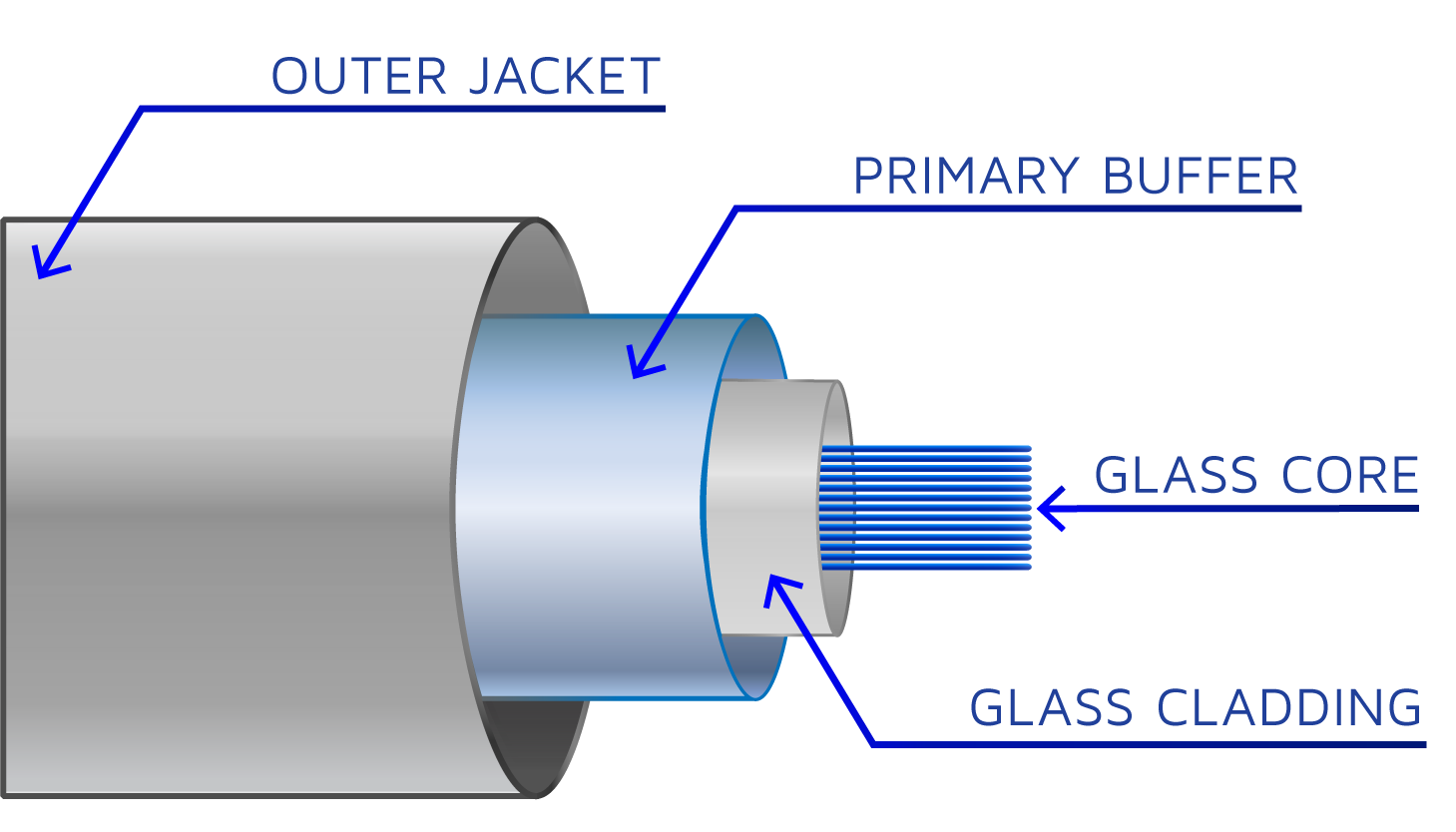Because the world continues to advance in technology, the requirements for a consistent and rapid internet connection have never greater. Whether you are employed from home, streaming your beloved shows, or gaming online with friends, having the right internet service can create all the difference. This is where optical internet comes into play, offering unmatched speed, reliability, and performance that can transform your online experience.
Switching to fiber optic internet is not just a decision; it is a tactical move towards preparing your home or business. Imagine enjoying faster upload speeds, high-definition video calls, and smooth streaming without interruption. In this article, we will discuss the top reasons why making the transition to fiber optic internet is not just advantageous but essential for anyone looking to improve their online connection. From its merits over traditional options like cable and DSL to its increasing demand in both urban and rural areas, learn why fiber optic internet is genuinely the way forward of connectivity.

Top Advantages of Fiber Optic Internet
Fiber optic internet offers unmatched speed and reliability, making it the top choice for modern connectivity needs. With upload speeds that can reach up to one gigabit per second or more, fiber internet allows users to experience seamless streaming, rapid file transfers, and speedy downloads. FTTH makes it particularly attractive for households with several users and devices, ensuring that all users can enjoy fast access without disruptions or slowdowns.
Another major advantage of fiber optic internet is its minimal latency, which translates into a more fluid online experience. Gamers and remote workers can benefit from reduced lag and quicker response times, enhancing performance in resource-intensive tasks and applications. This is especially crucial for activities like online gaming and video conferencing, where each millisecond counts. The reliability of fiber also means that users can stay online even during adverse weather conditions, providing reassurance in various scenarios.
Security is another critical factor where fiber optic internet excels. The technology employs light signals which are not as prone to interception compared to conventional copper lines. This makes fiber a safer choice for sensitive data transmission, such as online banking or confidential business communications. As fiber internet continues to expand in use, its advantages in speed, reliability, and security position it as a great investment for people and businesses alike.
Fiber Internet vs. Legacy Solutions
When comparing fiber internet to traditional options like DSL and cable, the speed comparison is substantial. FTTH Internet can achieve gigabit speeds, far exceeding the maximum performance of Digital Subscriber Line or cable services. This means more rapid downloads, uploads, and interrupted browsing experiences. With fiber, users can take advantage of 4K streaming and extensive cloud services without the slowdowns typically associated with older technologies. The advanced infrastructure of fiber ensures that you are always connected at the maximum speeds available.
A further critical differentiator is reliability. Fiber internet is more robust to disruption from environmental factors and barriers compared to cable and DSL. It can maintain steady performance during inclement weather or changes in network traffic, certifying that your internet usage are uninterrupted. This level of dependability is crucial for organizations and families alike, especially those that rely on digital connectivity for work, education, and entertainment.
Safety is yet another aspect where fiber optics hold an advantage. Fiber internet is naturally more protected than conventional lines, as it is challenging to intercept without being noticed. This makes it a better choice for users focused on privacy and data integrity. With the rising number of devices connected to home networks and the rise of IoT devices, opting for fiber internet can provide security, knowing that your data is more secure from being compromised.
The Next Chapter of Connectivity with Fiber
As we transition deeper into a digital-first world, fiber optic internet becomes as the key element for smooth connectivity. The massive growth of internet use for business, learning, and entertainment has made fast access more important than ever. Fiber optic technology facilitates quicker speeds and superior reliability, guaranteeing that users can move through their online environments with ease. This evolution makes it evident why fiber is the way forward of connectivity.
In furthermore to speed, fiber internet brings significant advantages in response time and transfer capabilities. This means fewer buffering during streaming sessions, reduced lag during online gaming, and improved video call quality for remote work. With the ability to manage various devices at once without losing performance, fiber optic internet is crafted to handle the demands of contemporary households, making it essential for families, professionals, and those who relies on consistent internet for their everyday activities.
Moreover, fiber optic internet is a protected choice, providing more security against cyber threats compared to legacy internet options. It also facilitates the rise of smart home technologies, linking everything from security systems to smart appliances seamlessly. As the demand for high-performance connectivity keeps to increase in not only urban and rural areas, investing in fiber optic internet is not just a trend—it is a fundamental shift that will define the future of how we interact and interact with the world around us.
